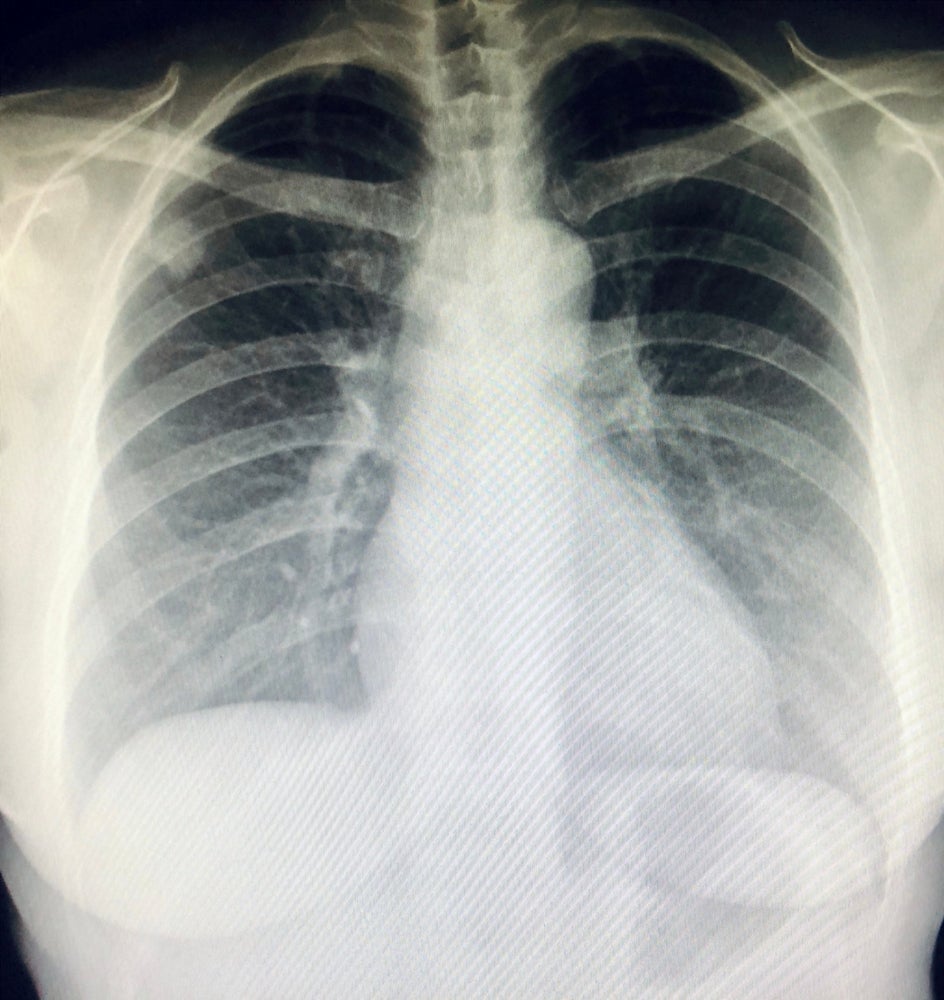BeiGene has announced that its anti-programmed cell death protein 1 (PD-1) monoclonal antibody, tislelizumab, has gained European Commission (EC) approval for use as a treatment for non-small cell lung cancer (NSCLC). Tislelizumab, which is greenlit across three NSCLC indications, will be sold on the European market under the brand name Tevimbra.
In its first approved indication, tislelizumab can now be used in combination with carboplatin and either paclitaxel or nab-paclitaxel as a first-line treatment for squamous NSCLC in adults with locally advanced NSCLC who are ineligible for surgical resection or platinum-based chemoradiation, or adults with metastatic NSCLC. The treatment can also be used in combination with pemetrexed and platinum-containing chemotherapy as a first-line therapy for non-squamous NSCLC in adults. In its third labelled indication, tislelizumab is approved as a monotherapy for the treatment of locally advanced or metastatic relapsed NSCLC.
The approval was granted based on data from three open-label, randomised Phase III studies in the RATIONALE program. The RATIONALE 307 (NCT03594747) and RATIONALE 304 (NCT03663205) trials, which evaluated tislelizumab combination treatment in the first-line, both met their primary endpoints of progression free survival (PFS) with statistically significant improvements in patients with advanced squamous NSCLC and locally advanced or metastatic non-squamous NSCLC respectively. RATIONALE 303 (NCT03358875) reported that treatment with tislelizumab monotherapy resulted in statistically and clinically significant improvements in the overall survival of patients with relapsed NSCLC compared to treatment with docetaxel.
The most commonly reported Grade 3 or higher treatment-emergent adverse events across all three studies were decreased neutrophil levels, neutropenia, leukopenia, pneumonia, anemia, and dyspnoea.
The PD-1 inhibitor tislelizumab, which is designed to boost the immune system’s ability to detect and kill tumours, is currently approved across Europe as a treatment for adults with unresectable or metastatic oesophageal squamous cell carcinoma (ESCC) under the brand name Tevimbra.
According to GlobalData’s consensus forecasts, tislelizumab is anticipated to generate total global sales of $2.1bn in 2030. GlobalData is the parent company of Pharmaceutical Technology.
Outside the NSCLC space, a tislelizumab plus chemotherapy combination evaluated in a Phase III trial dubbed RATIONALE 305 met its primary endpoint of overall survival in patients with advanced unresectable or metastatic gastric or gastroesophageal junction (G/GEJ) adenocarcinoma, irrespective of PD-L1 status.
BeiGene is not the only company making moves in the NSCLC space. Earlier in March, the European Medicines Agency (EMA) accepted marketing authorisation applications for Daiichi Sankyo and AstraZeneca’s Dato-DXd (datopotamab deruxtecan) for two NSCLC indications, one of which was for the treatment of adults with locally advanced or metastatic non-squamous NSCLC who require systemic therapy following prior treatment.
Update: The first paragraph of this article has been updated on 24 April to reflect the correct brand name for tislelizumab’s use as a treatment for non-small cell lung cancer (NSCLC).









